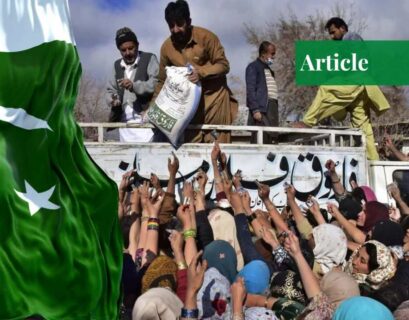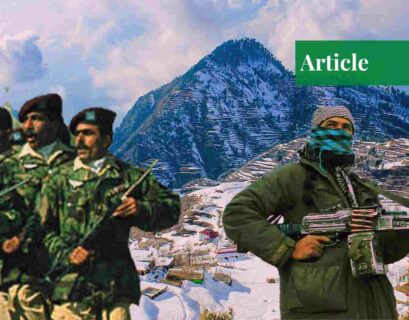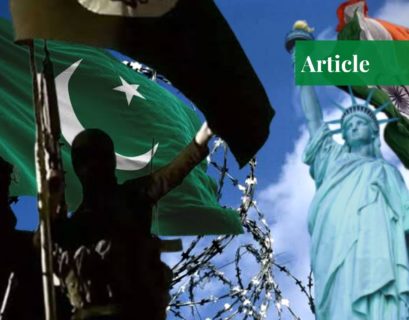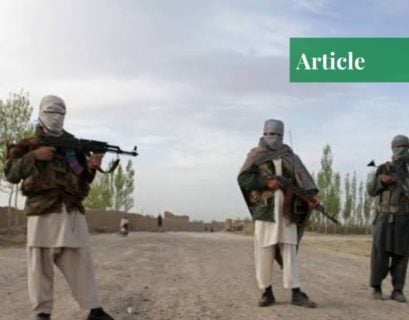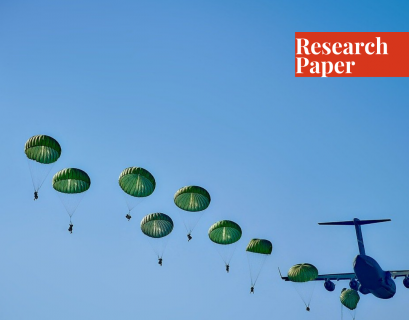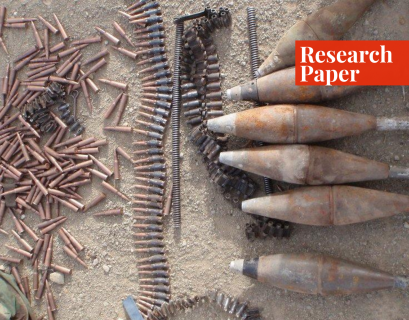What Does 2023 Hold for Pakistan?
In just the last two months, significant political harm has been done to the government, to major institutions and their reputations, as well as to the general elite. This is a direct result of the issues posed by inflation and the additional drastic deterioration of consumer capabilities.
Hina Anwar believes that the comparative economic advantage of Pakistan’s rivals (e.g. India) will further pull the country into political and economic crises.
Such crises are likely to manifest in the short term, as a fresh wave of terrorist attacks by the TTP, Daesh, and the separatists in Balochistan.
The Military Operations in Swat
Pakistan has a troubled history of dealing with insurgencies and terrorism. Pakistan assumed the role of a frontline state following the 9/11 tragedy and enacted both military and non-military counterterrorism strategies.
The Pakistani army has been tasked with maintaining internal peace by combating militancy and insurgency in the country’s difficult tribal regions such as the area of Swat.
Given the occupation by TTP, TNSM, and other fundamental religious organisations, the Pakistan Army designed and carried out two major military operations: Operation Rah-e-Haq and Operation Rah-e-Rast.
The Instability in Pakistan & Afghanistan: How the US & India Benefit the Most
Since the Taliban takeover, the situation in Afghanistan has continued to deteriorate to the point where the country is not only facing a humanitarian crisis but also an insurgency in the shape of the Islamic State of Khorasan Province (ISKP). Moreover, Afghanistan’s neighbor – Pakistan – has experienced an increase in terrorist attacks perpetrated by the Tehreek-e-Taliban Pakistan (TTP). Amid the political crisis in Pakistan, these attacks have soured Pak-Afghan relations. The author, Sarmad Ishfaq, notes that the continued instability in Pakistan and Afghanistan, and their strained relations, are benefitting India and the United States the most.
Peace Talks with the Pakistani Taliban (TTP): Then vs Now
Tehreek-i-Taliban Pakistan (TTP), formulated in 2007, is one of the deadliest terrorist groups in Pakistan. It has carried out massive attacks against Pakistan’s security forces and also targeted civilians. As a result of its actions, Pakistan has lost thousands of lives. The author, Muhammad Hamza Tanvir, notes that although Pakistan has tried to negotiate with the TTP on several occasions and even signed peace agreements, all of its efforts have failed. He explains that while the state favors a peace deal with the TTP, many analysts believe that this move will prove damaging for the country.
Is Military Force Effective in Responding to a Terrorist Insurgency?
Military force becomes mandatory when a deadly insurgent group, the likes of an ISIS or the LTTE, is present in a country. However, contemporary history reaffirms that the role of the military should be limited to defeating an insurgency militarily only. In other words, military force is one part of a larger counterinsurgency framework and is thus a means to an end. A true victory is achieved when the causes of an insurgency are addressed.
What Are the Parallels Between Boko Haram and the TTP?
The paper compares the ideology, emergence, rise, and demise of terror groups Boko Haram (in Nigeria) and the TTP (Tehreek-e-Taliban Pakistan).
